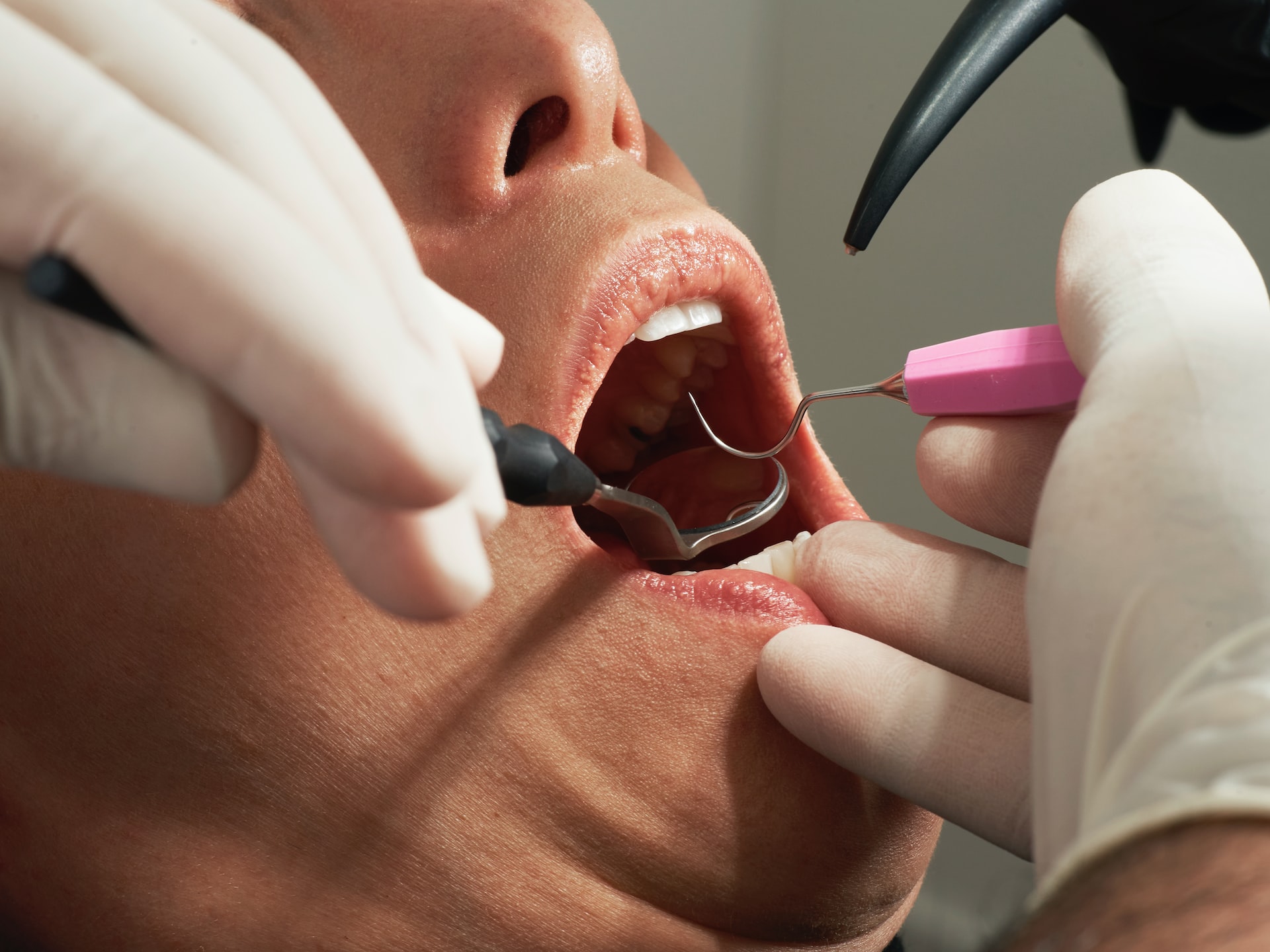Dental care is one of the most important aspects of maintaining a healthy lifestyle. Proper brushing can avoid flossing, a balanced diet, and routine dental checkups.
Some common dental problems include tooth decay, gum disease and bad breath. Knowing what causes these problems can help you take steps to avoid them and treat them early if necessary.
Tooth Sensitivity
Tooth sensitivity is a common problem and can be either temporary or chronic. It occurs when the nerves inside your teeth are exposed to hot, cold, sweet or sour foods and drinks.
Usually, this pain is due to damage to the outer layer of your tooth, called enamel. Over time, general wear and tear combined with daily habits can erode the enamel, which protects your teeth from harmful acids and bacteria.
Your dentist may recommend a filling or root canal treatment in severe cases. Medications such as aspirin, inhalers, antihistamines, antibiotics and sugar-based medications can also contribute to tooth erosion, according to the American Dental Association (ADA).
If you have sensitive teeth, visit your dentist to check them. There are affordable dentist Austin that can evaluate your teeth and gums and use a unique tool to check for damage. They can prescribe desensitizing toothpaste or fluoride gels, rinses or varnishes to help reduce the sensitivity. Austin dental clinics recently increased their hours of operation in response to community requests. The dental clinics have paid attention to what the people and the Austin neighborhood want.
Tooth Decay
Tooth decay begins when sugars in food and drinks interact with the bacteria in plaque to form acids that attack and eat away at tooth enamel. It is especially true when you eat many sweet foods and drink soda or other acidic drinks throughout the day.
When these acids reach the softer tissue inside your teeth, known as dentin, they can destroy the nerve of your tooth and cause a painful dental abscess. Symptoms include worse pain when you eat, drink, or chew hot or cold foods.
Your dentist can frequently stop tooth decay early by applying fluoride treatments. In later stages, when the damage has become too severe for your teeth to repair, you may need a filling or crown. You will likely need root canal treatment if the decay reaches the pulp. If a dental abscess has formed, you will need antibiotics to treat it and prevent a return of the infection.
Cracked or Broken Teeth
When a tooth cracks or breaks, it may hurt or cause sensitivity. Usually, this isn’t a severe problem and can be treated by taking over-the-counter pain relievers or limiting consumption of hot and cold foods until you can see your dentist.
If the crack goes deep enough to penetrate the inner part of the tooth (called pulp), it can cause pain or lead to infection. Treatment includes root canals and crowns to protect the tooth’s pulp from more damage and help it heal.
Teeth that crack often happen from age, biting hard foods, chewing ice or popcorn kernels, and grinding teeth at night. Seeing your dentist as soon as possible will increase your chances of repair.
Depending on the crack’s location and the damage’s depth, your dentist will recommend different treatments for cracked or broken teeth. They can repair minor chips with bonding or resin; more significant breaks may need crowns or root canal treatment to save the tooth.
Bad Breath
Bad breath is caused by odor-causing bacteria in the mouth that aren’t killed by brushing and flossing. Your dentist may recommend a mouth rinse or toothpaste that contains antibacterial agents to reduce the number of bacteria in your mouth and help control odor.
Another cause of bad breath can be gum disease, caused by plaque buildup on your teeth. It can lead to an infection that eats away at your teeth and gums, leaving pockets of tartar that hold smelly bacteria.
Your dentist can treat gum disease with a deep cleaning or other procedures, such as removing tartar and replacing faulty tooth restorations (crowns or fillings) that are a breeding ground for bacteria.
Other causes of bad breath include bacterial infections or postnasal drip from respiratory and tonsil conditions, chronic sinus problems and other illnesses. They can treat symptoms of these conditions with dietary changes and lifestyle adjustments, such as quitting smoking or adjusting medications that might contribute to the odor in your mouth.



